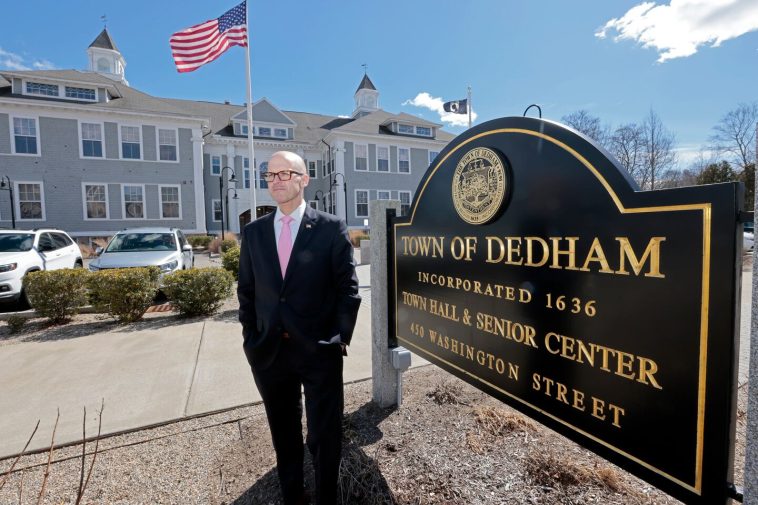A school district near Boston has resolved to maintain its residency regulation for enrolling students, dismissing the requests made by migrant advocacy organizations for alterations. The allegations put forward by these critics were seen as unfounded by the administration. Together, the Lawyers for Civil Rights and Massachusetts Advocates for Children had written to the school authorities in Saugus, a community situated about 10 miles to the north of Boston, asserting that the necessity to fill the town census alongside other stringent residency and identity proof requirements were breaching both the state and federal constitution.
These advocacy organizations have recently exerted considerable pressure on the Saugus public schools to revise their enrollmet policy. This comes on the heels of a heightened influx of migrants into Massachusetts, creating additional strain on state resources and services. These groups were concerned about a policy that was put into place before the 2023-2024 academic year, which detailed that students must be lawful inhabitants with their true residence in Saugus and that parents or guardians need to validate their identities using passports or other government-issued photo identification.
This policy was brought into force a few days following the declaration of a state of emergency by the Democratic Governor Maura Healey, in response to the rising migrant tide. Massachusetts is unusual due to its ‘right-to-shelter’ status that ensures shelter for destitute families. Since the moment Governor Healey declared the state of emergency, 23 students from the shelter system were welcomed into Saugus schools.
However, during a recent board meeting, the school authorities stated that they have no intention of modifying their stance or policy. The chair of the body, Vincent Serino, refuted the news and narratives regarding migrants as being misleading according to a report by the Boston Herald. This hard stance has led to limits on the number of state-provided shelters and to calls for eliminating a law dating back to Governor Michael Dukakis’ tenure, blamed for exacerbating the crisis.
Among the school policy’s regulations, there is an exception for students who come under the federal homeless assistance law, which was first promoted by ex-Representative Stewart McKinney, a Republican from Connecticut, in 1987. The policy clarifies that ‘No child living in Saugus will be denied school access based on their or their parents’ or guardians’ immigration status.’ The underlying conclusion of the policy is firmly centered on this principle.
The advocacy organizations, however, disagreed in their formal demand letter. Their main contention was that the policy, in particular the census requirement, not only goes beyond the school’s authority but also disproportionately impacts immigrant families. They also claimed that the prevalent ‘anti-immigrant sentiments’ have discouraged non-citizens from participating in the census due to the attached stigma and potential negative immigration repercussions.
In another part of the state, momentarily, officials in Norfolk tried to enforce a rule that children of migrants living in a former state prison-turned-shelter would not be accepted into the local schools. This decision, as reported by the Boston Globe, was subsequently overturned.
Governor Healey seemed to direct the blame for the crisis onto the federal government, stating that it had ‘repeatedly failed to act’ after setting a 90-day limit on shelter stays. The Governor expressed belief that this new stay-limit policy will amplify efforts to connect families with the resources and services required to move into more stable domiciles and to join the workforce. These comments were conveyed through a statement by Healey, as per Politico.


